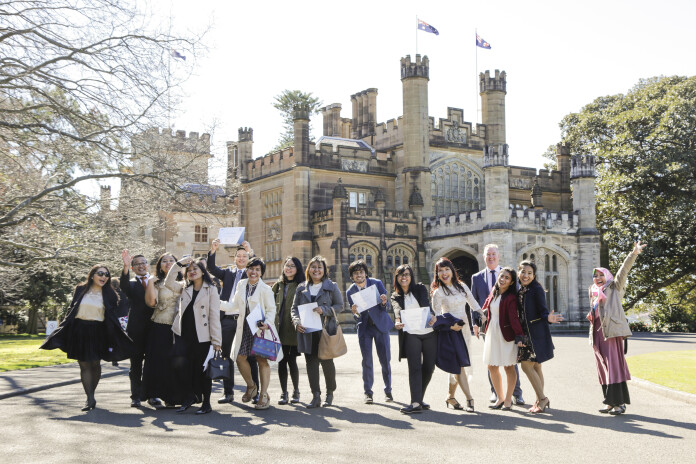“Who says that funding opportunities end after finishing your degree through scholarship? For those who completed their degree at an Australian university, they can apply for various grants offered by the Australian government, including the Alumni Grant Scheme (AGS).”
“Toni Ariwijaya, a Master of Education graduate at The University of New South Wales (UNSW), shared his experience in securing grants and other funding opportunities from the Australian government along with his wife.”
The initial journey in Sydney
Back in the mid of 2014, I remember I sat under a flamboyant tree in my schoolyard. Staring at my students, most of them came from a low-income household, I asked myself:
“As their teacher, can I make sure the boys were not sent to Malaysia illegally? And the girls, can I stop them from being the victim of child marriage? What’s next?”
These questions kept spinning around my head. Low education attainment was the biggest problem my students encountered during my years as a physics teacher in a Junior High in Central Lombok. At the time, I envisioned myself making a difference to my students, helping them escape from the chain of social injustice they suffered – while also knowing I did not have the power to affect that difference.
I then imagine getting a scholarship that would help me attend a prestigious university that gave me the skills and confidence to contribute. I wanted to have a long-lasting partnership with my students, witnessing their metamorphosis across their lifespans. This, in fact, is my experience of being awarded the Australia Awards Scholarship in 2015. Eventually, I pursued a Master of Education degree at The University of New South Wales (UNSW), Sydney, Australia.
The journey at UNSW started in January 2016. My relationship with Sydney seemed like a love-hate one; I love the city’s vibrant entertainment and dynamic installation, yet I hated the cold winter. Fortunately, I was so privileged to study together with my wife in the same university. She received the LPDP scholarship the same year I was awarded AAS. She once said, “our classroom walls could also prevent us from seeing the outside world, explore the world, seeing the world through the lens of others. Go outside.”
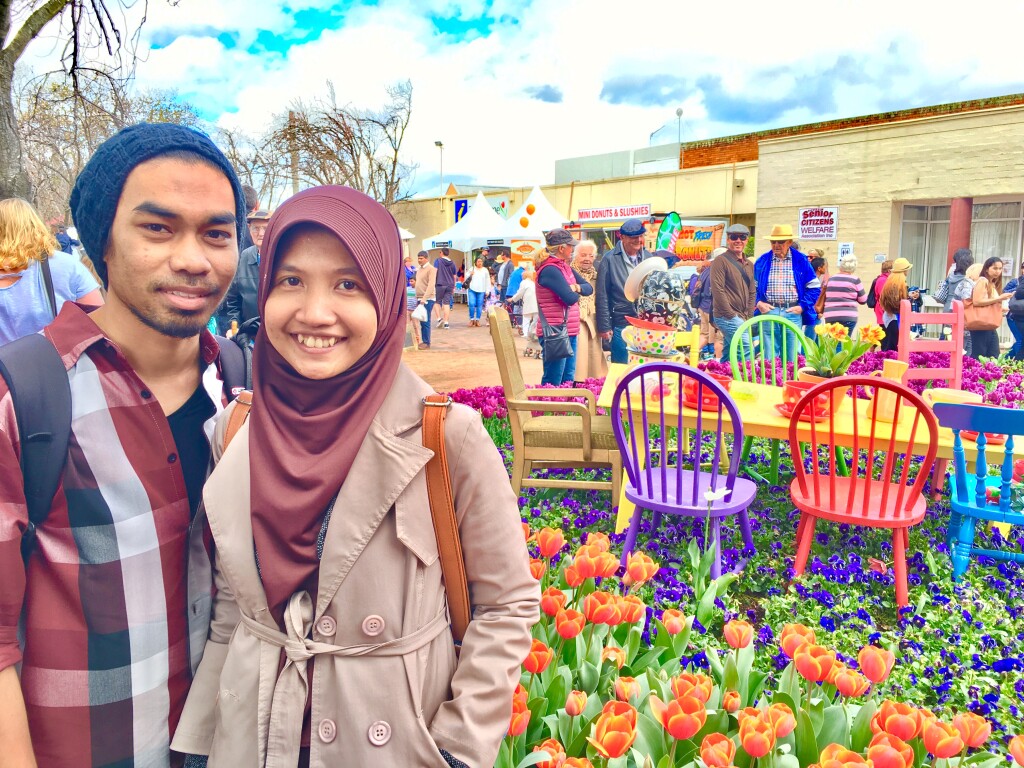
We managed to explore Sydney and elsewhere during weekends while also working part-time in a hotel in Sydney CBD. Oftentimes, we talked to strangers, took photos of unpopular places and schools. I also frequently talked to my academic supervisors in a way that I could validate my ideas. All in all, our trips were not intended to be a means of taking Instagram-able pics but drawing inspirations. For instance, when observing a parents’ meeting in a school near Northern Sydney, we saw how casual and ‘horizontal’ the teachers and the parents interacted. This is so contrasted with how we put the stakeholders into a hierarchy in the Indonesian school context.
The earthquake cake
After finishing our study, we were so eager to implement what we have gained from UNSW and Sydney in general – from the pedagogical knowledge to local community observations.
In the early stage of our post-scholarship ‘honeymoon’ phase, we managed to established a local NGO, TETE Bridging Future (literally, TETE means a bridge in the local language), to bridge my former female students to attend tertiary education. With the help of our volunteers, most of the girls successfully attended universities.
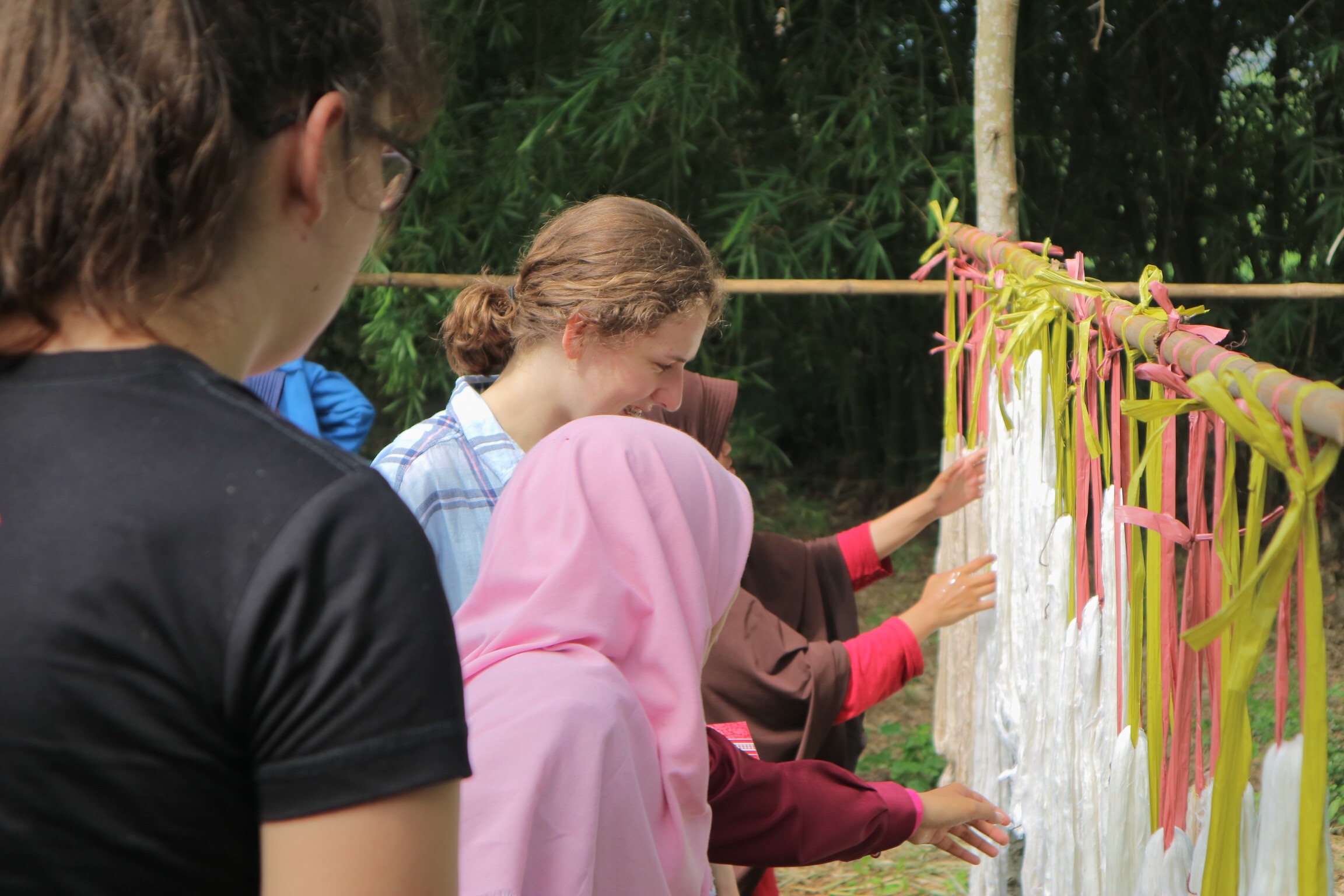
Our hard work was about to bloom, and the initiative was about to snowballing until the 2018 Lombok earthquake series hit the island. My ‘honeymoon’ phase then became a ‘short transitionally disastrous departure,’ I named it. Not only that the earthquake caused physical damages, but we also were traumatised.
Indeed, the series of gigantic earthquakes shifted the perspectives among people in Lombok about the world – that the ground beneath us would somewhat kick us into discomfort, that even a truck in an average speed passing by, as if it was a small bite of ‘earthquake cake’ saying “hello” again. As a result, for some moment, I put aside community empowerment from my equation. Logically, I had to overcome my trauma and came back stronger mentally before moving on to the following empowerment pages.
Our experiences in securing funding
“What doesn’t kill you makes you stronger”, they say.
Yes, we survived one of the biggest natural disasters in our era. I came to a point where I reassured myself that it was “worth it” to be one of the survivors. Hence, continuing our humanitarian work was a way to overcome our trauma. My wife and I analysed the works we had done prior to the earthquake, from which we then addressed the obstacles hindering us from going on. From here, snowball after snowball of opportunities was eventually grabbed.
Just a month after the earthquake, my wife was granted an Alumni Grant Scheme funding through her project “Eco-Hand Weaving: From Nature to Nurture.” We brought the value of hand-woven products by bringing some eco-friendly technology into them. The mothers of our previous junior high students were the beneficiaries. With naturally-dyed threads, their products their incomes have been tripled.
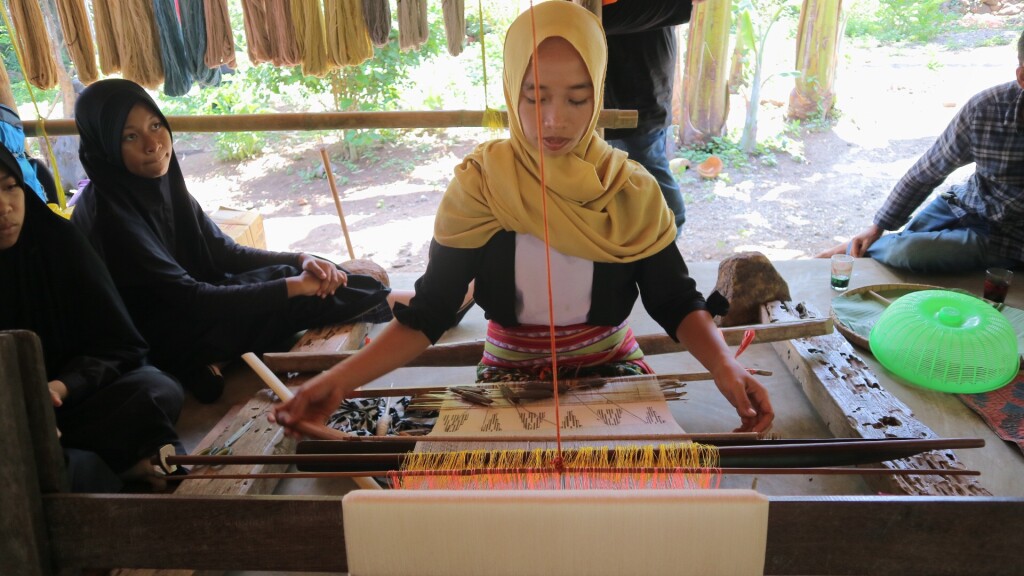
As we called it snowball, the hand-weaving project attracted more and more domestic and international visitors. To this end, we needed open space for the visitors. Then, I submitted a proposal to the Australian Embassy Jakarta through their Direct Aid Program (DAP) scheme. We named the project “WEAVINGLISH” as the abbreviation of hand-weaving and English Sanggar. Through the DAP funding, we constructed an integrated studio for local students and international tourists to learn the culture and English for tourism purposes for the prospecting local tour guides.
My latest project is “Memories of a Papuq: Researching Local Narratives on Indigenous Disaster Risk Reduction in the Southern Coastal Areas of Lombok Island,” which was granted through the Alumni Grants Scheme Round 1, 2020. I always believe that women play the most pivotal part in our education milestone, regardless of their educational backgrounds. The practice of disaster risk reduction, for example, has long been exposed to local children around the Southern Coastal of Central Lombok. Mostly, the female elders deliver folklores about disaster preparedness. This is the reason why many children around the areas were well-prepared during the 2018 earthquake series. My project is simply to visualize the stories, turning the stories from oral narratives into a comic book, preventing them from extinction.
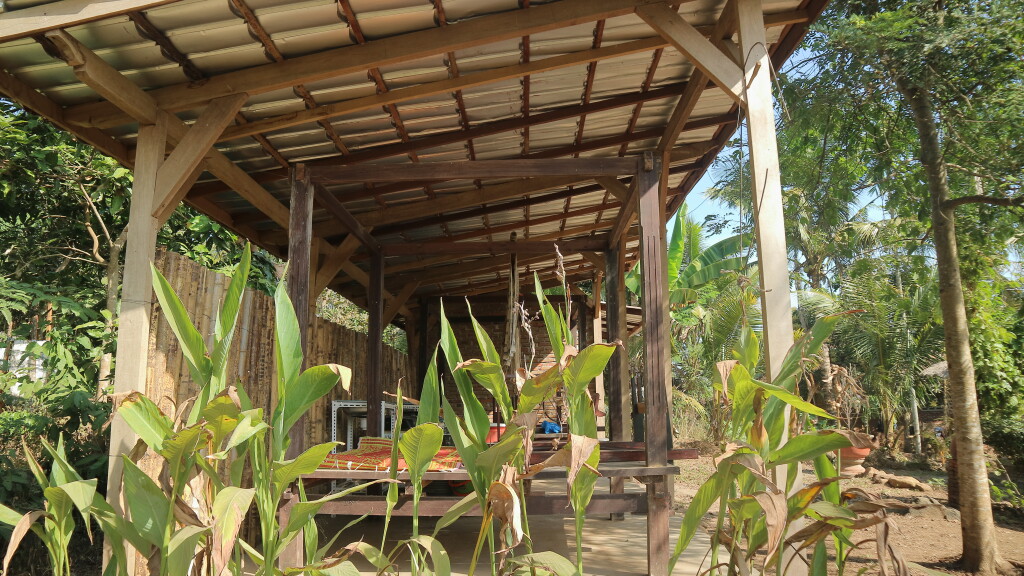
Tips to securing a grant/funding scheme
Every grantee, whatever types of grants they are applying for, has different strategies. One of our strategies is to write down every idea and inspiration we have in a daily journal. Frequently, the journal is so helpful for us to recall and analyse a situation. Indeed, SWOT analysis is essential, but the key to do so is through your personal recollection of a specific issue. Another strategy is that we always put our fingers on the pulse of our beneficiaries – what do they need? Will the proposed solutions be sustainable?
Most importantly, we also read the descriptions of the past projects from the previous grantees. In fact, I read all of the AGS grantees’ project descriptions on their websites. Last but not least, have someone read your proposal draft prior to the submission.
***








